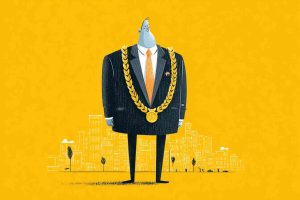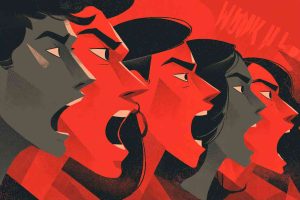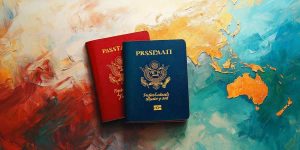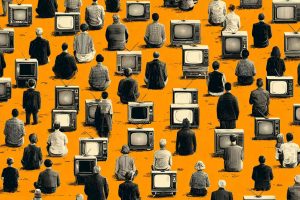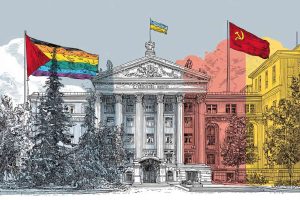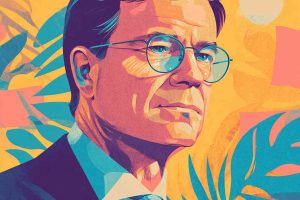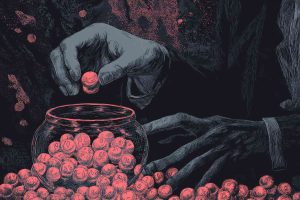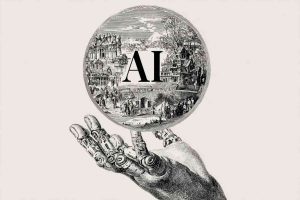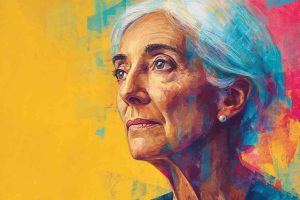The Rothschilds: Power, Money, and Myth.The Legacy of the World’s Most Controversial Family
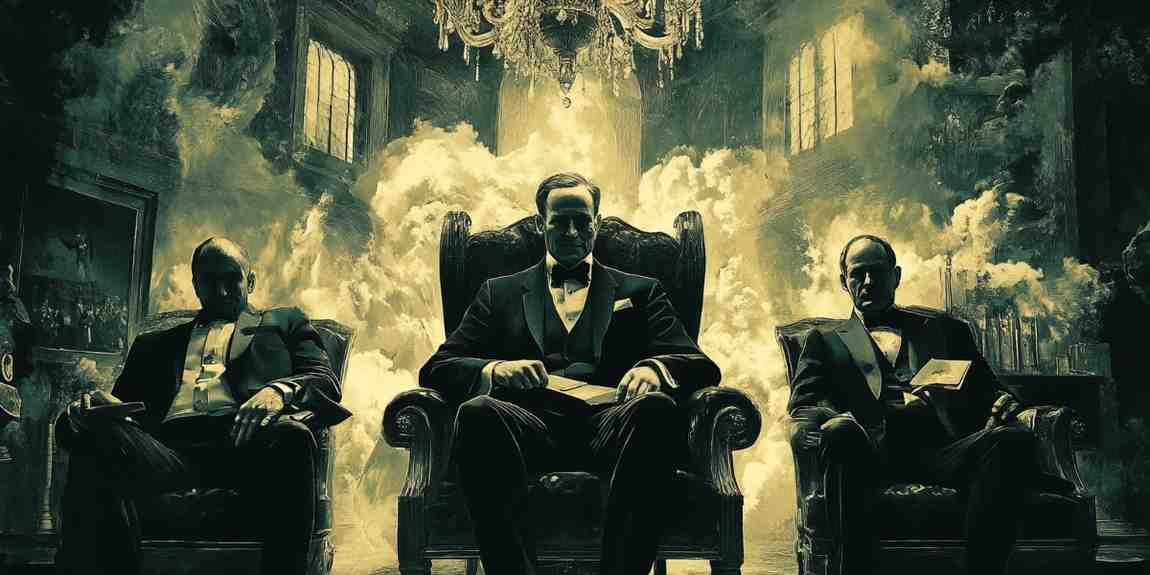
No family in modern history has been more associated with power, wealth, and mystery than the Rothschilds. For over two centuries, this European banking dynasty has captured the imagination of historians, economists, and conspiracy theorists alike. Their name is synonymous with finance, discretion, and global influence, often to the point of mythologization. While their wealth is certainly vast, and their influence historically unparalleled, the narrative that they “control everything” is a complex mix of historical fact, strategic maneuvering, secrecy, and, in many cases, exaggeration.
The Origins: Banking as Power
From Frankfurt to Europe’s Thrones
The Rothschild saga begins in the 18th century with Mayer Amschel Rothschild, a German Jew born in the Jewish ghetto of Frankfurt in 1744. He built a banking business serving royalty and elites, but his true stroke of genius lay in his decision to place each of his five sons in the financial capitals of Europe: London, Paris, Vienna, Naples, and Frankfurt.
Each son created a branch of the Rothschild bank, forming an unprecedented financial network across Europe, a kind of proto-global banking system centuries before globalization (The House of Rothschild, Niall Ferguson). This decentralization allowed the family to spread risk, gain intelligence across borders, and move capital rapidly, especially in times of war or crisis.
Financing War — And Peace
The Rothschilds made a vast fortune financing governments, especially during wartime. Nathan Rothschild, based in London, famously profited from financing both sides of the Napoleonic Wars. His ability to receive battlefield intelligence before governments, thanks to his private courier network, allowed him to dominate bond markets. One famous and controversial claim is that he exploited early knowledge of Napoleon’s defeat at Waterloo in 1815 to manipulate the British bond market, though the accuracy of this story is debated (The Rothschilds: The Financial Rulers of Nations, John Reeves).
Regardless of legends, the fact remains: the Rothschilds mastered the art of lending to kings, building a financial empire that would eventually dwarf many national treasuries. In doing so, they created an enduring link between banking and political power.
Mechanisms of Control: Influence Without Visibility
Behind the Curtain of Institutions
The Rothschilds seldom held political office, but they didn’t need to. Their influence came from funding, and occasionally bailing out, governments. They were often the “central bank” before central banks existed. Monarchs, ministers, and later even elected officials had to consider the reaction of Rothschild banking houses before making major fiscal decisions.
Their control was never overt. Unlike media moguls or oil barons, they thrived on secrecy. Influence was exerted through leverage, information asymmetry, and debt, the most potent form of modern control.
Even after the rise of national central banks, the Rothschilds remained crucial players in international finance through discreet partnerships and ownership structures in key institutions, notably central banks, gold markets, and mining conglomerates (The Secret World of the Rothschilds, Andrew Hitchcock).
Discretion as Strategy
One of the reasons the Rothschilds still provoke suspicion is their almost obsessive discretion. Unlike tech billionaires or oil sheikhs, the family shunned publicity. They preferred power over fame, influence over visibility.
While individual family members appeared in society pages or supported charities, their business affairs remained largely private. Many of their trusts and financial vehicles are registered under obscure entities, with beneficial ownership hidden behind layers of legal shielding.
This opacity created fertile ground for suspicion, some deserved, some conspiratorial. As one financial historian put it, “They are everywhere and nowhere, a financial force so entrenched that they don’t need to make noise to be heard” (God’s Bankers, Gerald Posner).
Myth, Legend, and Conspiracy
“They Control Everything” — Truth or Fiction?
Over time, the Rothschilds became symbolic of “invisible power”, the idea that a few families secretly control global finance, media, wars, and politics. Much of this stems from real influence they once wielded, particularly during the 19th century, but has since been exaggerated or distorted.
For instance, while they no longer control vast national debts or central banks directly, they do have legacy stakes in powerful institutions like:
- Rothschild & Co. – a major financial advisory group based in Paris and London, still active in global mergers and political finance.
- Rio Tinto and Glencore (formerly with Rothschild ties) – mining giants once influenced by Rothschild capital.
- NM Rothschild & Sons – influential in the gold markets and privatization deals in Eastern Europe after the fall of the USSR.
Critics argue that their discreet participation in global economic restructuring, particularly in the post-Soviet bloc and Africa, points to ongoing imperial-style influence. However, direct control over governments is harder to prove in the 21st century.
The Antisemitic Undercurrent
It must be acknowledged that many Rothschild conspiracies are rooted in antisemitic tropes that cast Jews as shadowy financial puppet masters. The Protocols of the Elders of Zion, a forged Russian document from the early 1900s, falsely portrayed Jewish bankers like the Rothschilds as plotting world domination. This libelous narrative has persisted and been repurposed by extremists on both the left and right.
Still, acknowledging this doesn’t mean all criticism is baseless. Critiquing financial power is not inherently antisemitic, but context matters. The Rothschild name has been used both to obscure real power and to scapegoat Jewish people generally.
Modern Influence: Legacy, Not Empire
Wealth Today
Contrary to popular belief, the Rothschilds are no longer the richest family in the world. Their estimated collective fortune ranges from $400 billion to $1 trillion depending on how one counts trusts, real estate, and private equity. This is enormous but dwarfed by newer fortunes like those of the Rockefellers, Waltons (Walmart), or tech billionaires like Elon Musk and Jeff Bezos.
Yet the Rothschilds’ wealth is more stable, less tied to public companies, and less visible. Much of it lies in land, vineyards, art, and long-term holdings in gold and commodities.
Their modern businesses include:
- Rothschild & Co. – One of Europe’s most prestigious financial advisory firms.
- Edmond de Rothschild Group – A Geneva-based private bank and asset manager.
- Château Lafite Rothschild – A world-renowned Bordeaux vineyard and luxury asset.
- Financial diplomacy – Advising governments, particularly during crises or privatizations.
Quiet Power: Political Influence Through Finance
Though less visible, the Rothschilds still play a role in shaping policy through:
- Advisory roles to national treasuries and central banks.
- Strategic investments in regions undergoing economic transitions.
- Philanthropy, used to build influence and social capital, especially in climate, education, and health sectors.
Emmanuel Macron, former Rothschild banker, is an example of how the family’s networks still influence political careers in Europe. Macron worked at Rothschild & Cie and helped advise on major mergers before entering politics (Macron: President of the Rich, Le Monde Diplomatique).
Conclusion: Power Endures in Silence
The Rothschilds may not hold the world in a literal chokehold, but their legacy is one of strategic influence, generational wealth, and opaque systems of control. They pioneered a model of banking that outlasted kings and revolutions, funding empires, profiting from wars, and building a network that reshaped the modern world.
Today, their real power lies not in domination, but in permanence, the quiet durability of elite families who operate above the nation-state level. Whether as financiers of governments or architects of discreet capital flows, the Rothschilds exemplify the adage that real power rarely needs to shout.
References
- The House of Rothschild, Niall Ferguson
- The Rothschilds: The Financial Rulers of Nations, John Reeves
- The Secret World of the Rothschilds, Andrew Hitchcock
- God’s Bankers, Gerald Posner
- Macron: President of the Rich, Le Monde Diplomatique
- Rothschild Archive, official family holdings and historical documents
- The Protocols of the Elders of Zion, historical forgery and antisemitic propaganda





